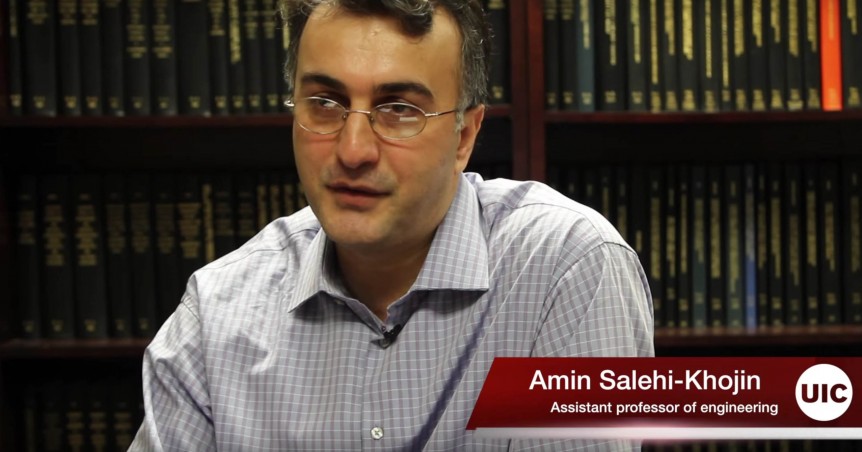Biofuels would be wonderful if they didn’t starve people while feeding trucks, cars and airplanes. Living with such a constraint, though, might prove to be productive, profitable, and environmentally sound. The Guardian describes efforts in America’s tobacco country to grow a crop that will be less destructive of human lungs and hearts if it is consumed in jet engines rather than in cigarettes. “’We’re experimenting with varieties that were discarded 50 years ago by traditional tobacco growers because the flavors were poor or the plants didn’t have enough nicotine,’ explains Tyton [BioEnergy Systems] co-founder Peter Majeranowski.” In a case that oddly enough is GMO free, “Researchers are pioneering selective breeding techniques and genetic engineering to increase tobacco’s sugar and seed oil content to create a promising source of renewable fuel. The low-nicotine varieties require little maintenance, are inexpensive to grow and thrive where other crops would fail.” Fuel tobacco is a higher-value crop than hay, for instance, and “looser” farming …
Superoxides May Be New Super Materials for Batteries
A significantly large and geographically diverse group of researchers has invested a large amount of time and intellectual capital investigating superoxides, an innovative way to keep lithium-air batteries refreshed and ready for more. Groups at Argonne National Laboratory, the University of Illinois at Chicago, Hanyang University in Seoul, South Korea; the University of Utah and the University of Kentucky all contributed to the ongoing project. While still serving as U. S. Secretary of Energy, Steven Chu called on academia and industry to develop a battery five times as powerful as then available lithium cells, at one-fifth the cost of then current batteries. We may not have arrived at that ambitious goal yet, but Argonne and UIC see a possible breakthrough in making lithium-air batteries – theoretically the most energetic of lithium chemistries – into long-lasting, energy-dense energy storage units. So far, lithium air batteries have a limiting weakness, the use of lithium peroxide, something that ends up being “an insoluble …


